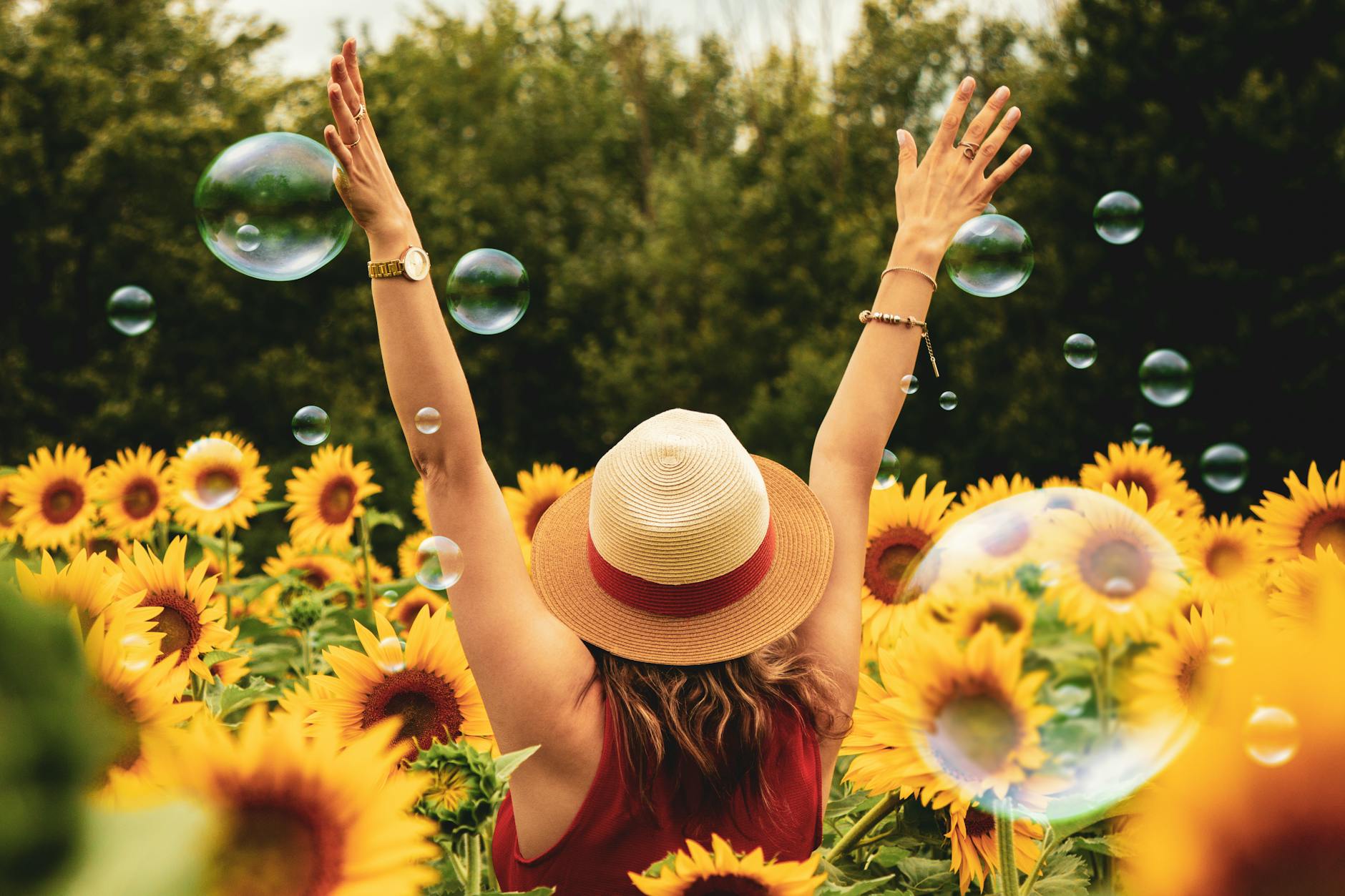Rethinking Ownership in a World Beyond Possession
“Wait — no ownership? Not even my own things?”
This is one of the most common reactions people have when they first hear about a world built on a global resource-based economy. Even those of us who believe in the vision of a moneyless, post-ownership society — like the one described in Waking Up and that The Venus Project proposed many years ago — sometimes struggle to grasp the implications.
Because let’s be honest: we’ve grown up with ‘mine’ and ‘yours’ as absolute truths.
We define ourselves by our possessions — our homes, our books, our cars, our clothes, our collections. Letting go of ownership can feel like letting go of a piece of ourselves.
So what happens, for instance, to something personal — like a vintage car you’ve spent years renovating? What happens to that?
🚗 The Vintage Car: When Possession Meets Passion
Imagine this:
You’ve lovingly restored a classic car over the course of a decade. You’ve poured in time, effort, care — even identity. It feels like a part of your story.
In a post-ownership world, you may not legally “own” the car anymore. But here’s the crucial part:
You are still its caretaker. You are still its steward.
It may not be yours to own — but it’s yours to care for.
That’s the difference.
The system recognizes your relationship with that car. You’re the one who knows it, who tends to it, who brought it back to life. That bond doesn’t vanish. In fact, it is honored — not erased.
Others won’t take it from you. There’s no bureaucracy swooping in to reassign it. But if you want to share it — say, to exhibit it in a museum, or let others experience its beauty — the system supports you.
And here’s the key:
You can be generous without sacrifice.
You don’t need the car’s monetary value to survive.
In today’s world, you could maybe donate the car — but only if you’re wealthy enough not to need the money. In a resource-based world, that entire equation dissolves. Generosity is no longer a luxury.
🏝️ Benjamin Michaels and the Three Islands
In Waking Up, there’s a powerful scene where the character Benjamin Michaels — once an ultra-wealthy man — grapples with the same shift.
In the old world, he owned three private islands. His wealth granted him control, prestige, privacy. He could visit them at will, fence them off, decorate them however he liked. They were symbols of power — and belonging.
But in the new world, with no money and no private property, Benjamin doesn’t own anything anymore.
At first, this feels like a loss.
But eventually, something incredible dawns on him:
He now has access to thousands of islands.
And so does everyone else.
What was once a symbol of privilege is now a shared treasure. The world is no longer carved up and walled off — it is open, abundant, and free.
And Benjamin?
He hasn’t lost anything.
He’s gained everything.
He’s no longer limited by what he owns.
He’s liberated by what he can access.
🧠 So What’s the Real Difference?
The difference lies in the logic of the system.
In today’s world:
- Ownership is security
- Sharing is sacrifice
- Generosity is privilege
- Possessions is identity
In the resource-based world:
- Access is freedom
- Stewardship is connection
- Generosity is natural
- Care is identity
You don’t lose your favorite things — you simply shift your relationship to them.
You’re not the owner. You’re the guardian, the steward, the artist, the lover of what you use.
And that role is respected — not erased.
🧡 “It’s Yours to Care For”
This principle extends far beyond the vintage car or the island.
It applies to:
- Your home
- Your instruments
- Your creative space
- Your patch of nature
- The trees you plant
- The art you make
- Even the relationships you nurture
Everything you connect with becomes yours to care for — not yours to possess.
And paradoxically, this creates more care, not less.
Because when we stop hoarding, we start sharing.
And when we stop fencing things off, we start feeling connected to everything.
🌍 When No One Owns Anything, Everyone Has More
This is the beautiful paradox of a post-ownership world:
- The end of possession is not the end of abundance.
- The death of ownership is the birth of shared richness.
You don’t lose your freedom.
You gain the freedom to live without fear, without competition, without the constant pressure to have more just to feel safe.
You gain the world.
A New Kind of Ownership?
You could even say this is a new kind of ownership — one not based on legal contracts or exclusive rights, but on use, relationship, and care.
In this world, you “own” what you use, as long as you use it.
Not through possession — but through connection.
You don’t have to hold onto something forever to value it. You don’t need to fear losing it. Because the system adapts to use, and respects your role as its steward for as long as that bond remains.
It’s not ownership in the traditional sense.
It’s something gentler — more alive.
A living relationship between person and thing, nurtured by presence, not possession.
📖 Ready to Explore That World?
This vision is at the heart of Waking Up: A Journey Towards a New Dawn for Humanity — a novel that dares to ask:
What if a world beyond money, ownership, and inequality is not just possible, but inevitable?
Follow Benjamin Michaels, Aweena, and others as they navigate the radical beauty of a system based on care, trust, and abundance — not control.
👉 Order the book now and begin your journey.


Leave a Reply